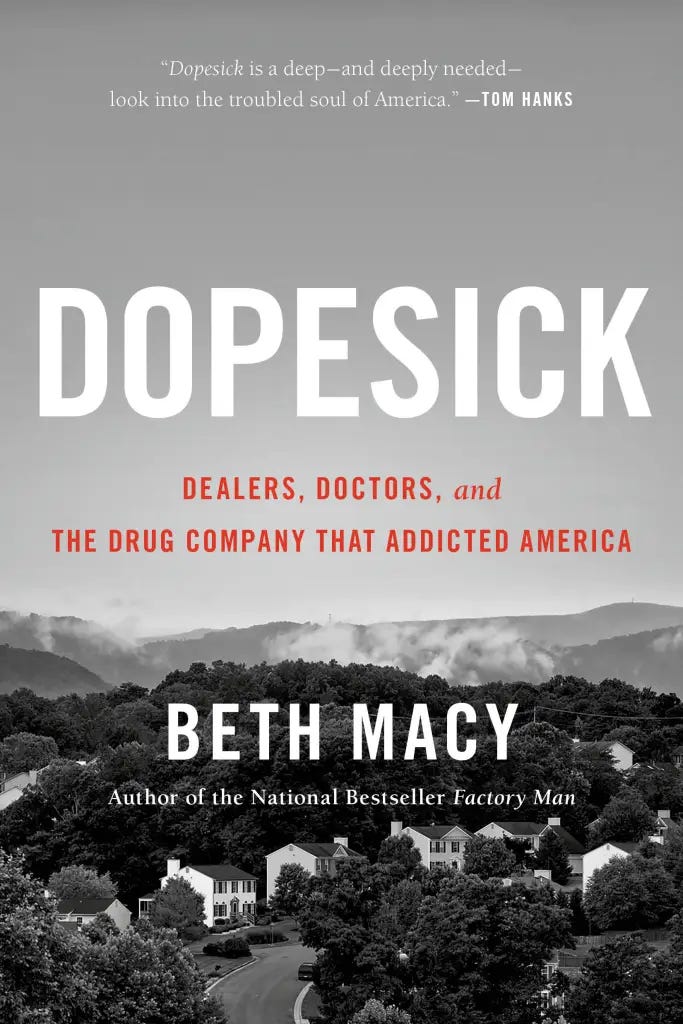The 254th Block: "The past is just a story we tell ourselves"
And a few stories about democracy and Western bias in disinfo research
This week…
Your reading time is about 5 minutes. Let’s start.
I was watching some curling (unironically), but I don’t really have anyone to talk about it with. I only started watching when I moved to Canada out of intrigue but I am genuinely into this sport (as a spectator). There are things about it that just defy my understanding of the rules of physics sometimes, like what TSN posted in this highlight reel from Rachel Homan (sorry if it is geo-blocked), and it really scratched my brain in a satisfying way.
Anyway, I didn’t get to watch a lot of other things this week, however, I read an article on El Confidencial that referenced the 2013 film Her (dir. Spike Jonze) so I decided to watch it again today. It was, and still is, up there as one of my favourite films of all time—a little bit ahead of its time, perhaps. Kate Knibbs of Wired wrote in 2023 that a decade after its release and with the widespread availability AI chatbots, the film seemed “even more fantastical than when it debuted,” and I agree.
You could say, on the surface, that it’s a prophetic depiction of the ups and downs of artificial intelligence relationships, but over a decade ago, when I first watched it, I thought it was one of the best examinations of nonmonogamy in the mainstream media. “But the heart’s not like a box that gets filled up; it expands in size the more you love.” It explored, as well, the themes of the ‘male loneliness epidemic’ and soft inceldom subculture before either of those was really talked about. “You always wanted to have a wife without the challenges of actually dealing with anything real.”
The only unrealistic part about this film is that the protagonist works as a professional writer for those who cannot write personalised letters. Surely AI is doing this job right now if they are advanced enough to have full-fledged relationships with 641 people at the same time?
Your Wikipedia this week: Post-irony
And now, a selection of top stories on my radar, a few personal recommendations, and the chart of the week.
ICYMI: The Previous Block was about scams, the media, and ethics. FWIW:
Scientist who gene-hacked human babies says ethics are holding back scientific progress by Noor Al-Sibai for Futurism.
CORRECTION NOTICE: None notified. MISINFORMATION
We must tackle the “Western bias” of misinformation and disinformation research
Robin Mansell for LSE Blog:
The World Economic Forum singled out mis- and disinformation as its top-ranked global risk in its 2025 report – a greater threat than extreme weather events or state-based armed conflict.
What is less talked about is how this risk is framed and dealt with outside the Global North. Online misinformation (the inadvertent spreading of inaccurate information) and disinformation (where information known to be false is intentionally spread in order to cause social harm) is a big issue for the Global South. Yet the vast majority of evidence on how to combat harms linked to mis- and disinformation as well as hate speech comes from the United States and Europe. All too often, the assumption is that the effects of mis- and disinformation on people’s trust in news media and on their political preferences will be the same in the Global North as in the Global South.
Loosely linked:
Fact-checking as an act of courage by Brooks DeCillia for J-Source.
What journalists should know about deepfake detection in 2025 by Kaylee Williams for CJR.
Generative AI and deepfakes are fuelling health misinformation. Here’s what to look out for so you don’t get scammed by Lisa M. Given (RMIT University) for The Conversation.
Debunking COVID-19 vaccine misinformation with an audio drama in Ghana, a randomized control trial by Maike Winters et al. for Scientific Reports.
DEMOCRACY
CPAC Argentina signals the rise of a new kind of diplomacy
Lucía Cholakian Herrera for New Lines Magazine:
CPAC is a strange institution, a hybrid between a political assembly and a festival. Unlike a United Nations or European Union conference, it’s a private event funded by private institutions. But those in attendance are rising stars in many countries around the world, bolstering unofficial connections that are, nonetheless, relevant to their role as political outsiders (even when they hold office, which they do in many cases). After all, if an outsider like Trump can take on the establishment and become the establishment, why not them?
Institutions that once served as platforms for international dialogue — the U.N., the EU, climate conferences — have lost relevance in recent years, giving way to “presidential diplomacy,” according to Federico Merke, an international relations professor at San Andres University in Argentina.
“Presidential diplomacy depends on the branding that each president creates for himself,” Merke told New Lines following the Buenos Aires CPAC summit. Given Milei’s antagonism toward the institution of the state, it’s hardly surprising that he prefers gatherings with like-minded figures over more conventional state-centered forums, Merke said.
Loosely linked:
Cryptocrats fear regulation will stymie a new crypto era by Oliver Bullough for Coda.
The senator, the priest, the pathologist: the people who brought ex-president Duterte to justice by Rebecca Ratcliffe and Kate Lamb for The Guardian.
Greenland election: Democrat party wins surprise victory amid spectre of Trump by Miranda Bryant for The Guardian.
How AI systems threaten to erode the rule of law by Mando Rachovitsa (University of Nottingham) for Jurist.
Other curious links, including en español et français

LONG READ | It took centuries for people to embrace the zero. Now it’s helping neuroscientists understand how the brain perceives absences by Benjy Barnett (UCL) for Aeon.
LONG READ | Years after the early death of a math genius, her ideas gain new life by Joseph Howlett for Quanta Magazine.
INFOGRAPHIC | Greenland in focus by Prasanta Kumar Dutta, Sam Hart, Jon McClure and Mariano Zafra for Reuters.
INTERACTIVE | Onomatopoeia odyssey: How do animals sound across languages? by Vivian Li for The Pudding.
The rise of pronatalism: why Musk, Vance and the right want women to have more babies by Carter Sherman for The Guardian.
Esta IA parece salida de ‘Her’ y es brutal. Le pedimos a tres expertos que hablen con ella por Manuel Ángel Méndez en El Confidencial.
El feminismo es una palabra que no existe en lenguas que no sean hegemónicas por Patricia R. Blanco en El País.
El plan de Milei de convertirse en un polo de IA agravaría la crisis energética del país por Gastón Rodríguez en Tiempo Argentino.
Nous avons découvert des milliers de sites d’info générés par IA : tous nos articles par Jean-Marc Manach dans Next.
La science prouve-t-elle vraiment l’inutilité des politiques EDI, comme le dit Joseph Facal? par Sam Harper dans Pivot.
Journalistes dans la « bulle » : raconter l’UE depuis Bruxelles par Beniamino Morante dans La revues des médias.
What I read, listen, and watch
I’m reading Dopesick (2018) by Beth Macy, documenting the start of the opioid epidemic in the US starting with Purdue Pharma’s release of oxycodone in the Appalachian region in the 1990s. Honestly, I do not remember if I have read the book before—my Goodreads account is deactivated and my Storygraph has no record of it—but I definitely watched the 2021 miniseries adaptation, and it was awful (in a good way).
I’m listening to the latest Tech Won’t Save Us episode where Paris Marx is joined by Timnit Gebru to talk about AI’s geopolitics era.
I’m watching The Guardian’s video on the Israelis refusing military service.
Chart of the week
For many of us, it doesn’t cost much to improve someone’s life, and we can do much more of it by Hannah Ritchie for Our World in Data.








